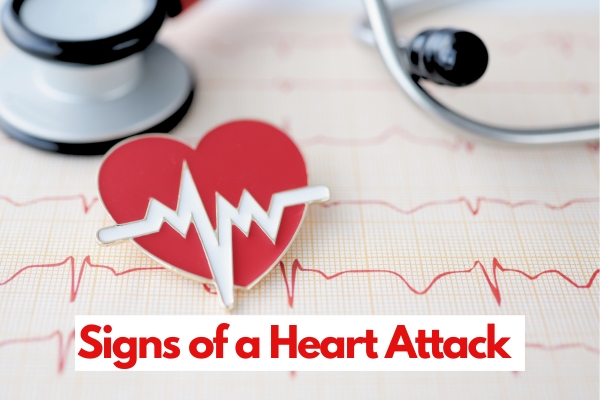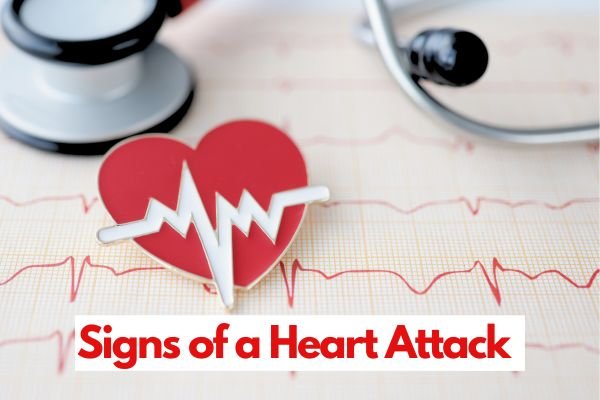
Heart attacks are serious medical emergencies that can happen to anyone, anywhere. Recognizing the signs and acting promptly is crucial for ensuring the best possible outcome. In this comprehensive guide, we will delve deeper into the symptoms of a heart attack and provide detailed information on how to respond in an emergency situation.
Understanding the Basics of a Heart Attack:
A heart attack occurs when the blood flow to a part of the heart muscle is blocked, usually by a blood clot. This blockage can lead to damage or death of the heart tissue. Understanding the basic mechanics of a heart attack is essential for recognizing the signs early on.
Common Symptoms Explored:
- Chest Pain (Discomfort):
Individuals often experience uncomfortable pressure, squeezing, fullness, or pain in the center of the chest.
– What to look for: The sensation typically lasts for more than a few minutes or may go away and come back. It is crucial to pay attention to the intensity and duration of the discomfort.
- Upper Body Pain:
Pain or discomfort may radiate beyond the chest to the arms, neck, jaw, back, or stomach.
– What to look for: Pain or discomfort in one or both arms, the jaw, neck, back, or stomach can be indicative of a heart attack. The pain may not be limited to the chest area.
- Shortness of Breath:
Feeling breathless or experiencing difficulty in breathing.
– What to look for: Shortness of breath may occur with or without chest discomfort. It is important to note any sudden or unexplained changes in breathing patterns.
- Cold Sweating:
Profuse sweating, often accompanied by cold or clammy skin.
– What to look for: Sweating that is unrelated to physical exertion or the surrounding temperature can be a sign of a heart attack. Pay attention to the persistence and severity of the sweating.
- Nausea or Dizziness:
Feeling nauseous or lightheaded.
What to look for: Nausea or lightheadedness, especially when accompanied by other symptoms like chest discomfort, can be indicative of a heart attack. Note any sudden and unexplained feelings of sickness.
What to Do If You Suspect a Heart Attack:
Call Emergency Services:
– Dial your local emergency number immediately. Quick response is critical in ensuring that medical help arrives promptly.
Chew Aspirin:
– If advised by a healthcare professional, chew aspirin to help thin the blood and potentially prevent further clotting.
Stay Calm:
– Try to remain as calm as possible while waiting for help to arrive. Panic can exacerbate the situation, so taking deep breaths and staying composed is essential. If you’re in Pune, you may find valuable support and guidance at a leading heart care specialist in Pune. A heart attack requires immediate medical attention, and quick action can significantly improve the chances of a positive outcome.
Conclusion:
Being aware of the signs of a heart attack is not only crucial for personal health but for the well-being of those around you. This comprehensive guide emphasizes the importance of recognizing the symptoms early on and acting swiftly in an emergency situation.
Always err on the side of caution and seek medical help if you suspect a heart attack, as it could save a life. Remember, time is of the essence when it comes to heart attacks, and every second counts.

